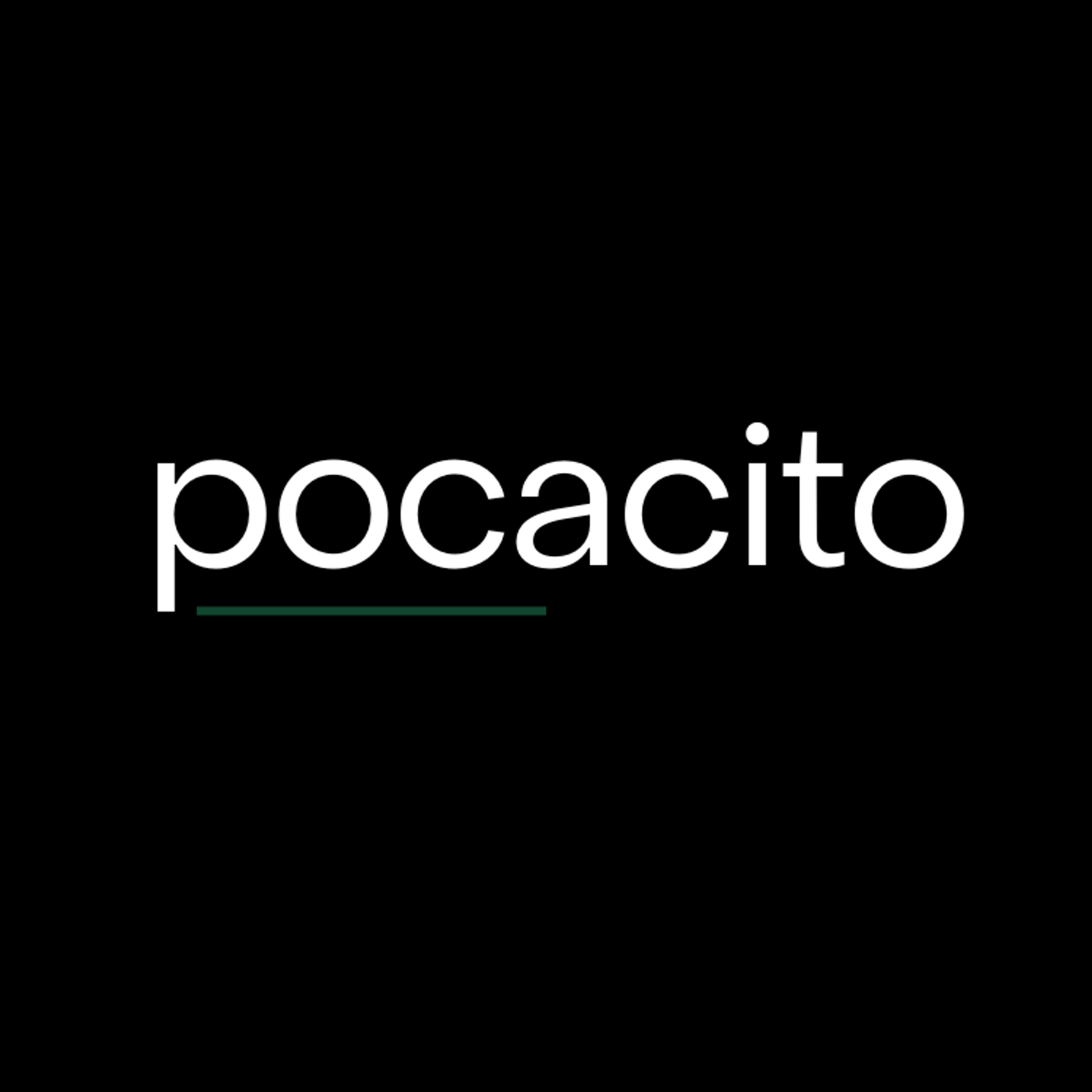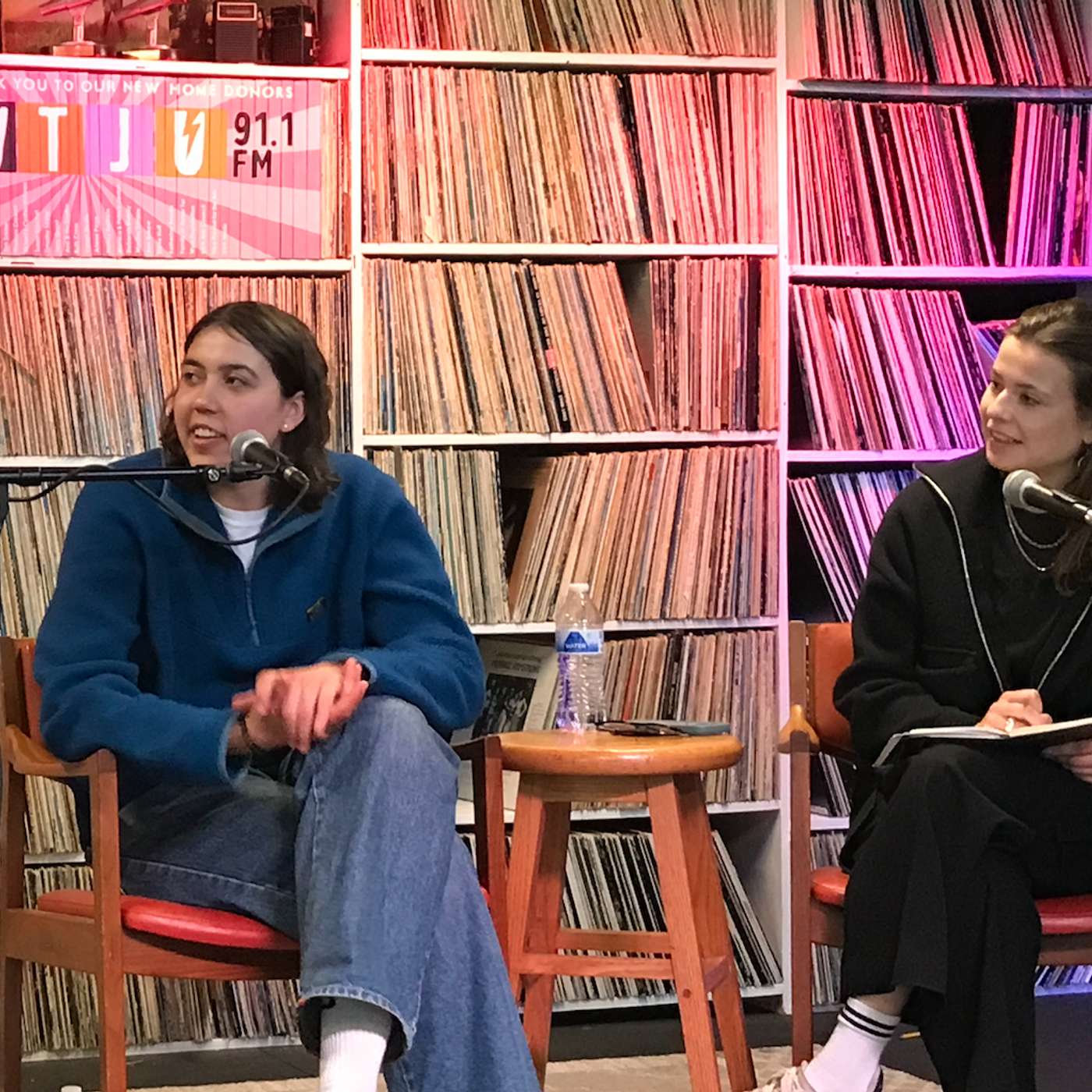POCACITO conversations 2024

POCACITO conversations 2024
Podcast Description
As the year comes to an end, we’re reflecting on some of the conversations POCACITO was fortunate to be a part of, four of which we want to share with you. Two of these talks took place as part of POCACITO events, and two are one-to-one interviews.
One thing that kept coming up is that the critical work of environmental and climate justice is happening at the local level. And it’s being led by civil society.
We met with community organizers and activists from Kyiv; Berlin; St. James Parish, Louisiana; and Superior, Arizona, to learn what this work looks like, and how we can help.
Electronic music track X1 by frankum -- https://freesound.org/s/426470/ -- License: Attribution 4.0
Podcast Insights
Content Themes
The podcast focuses on environmental and climate justice, highlighting local initiatives and civil society leadership. Episodes dive into pressing issues such as energy transitions and systemic change, with specific examples including conversations with activists from Ukraine during the ongoing crisis and discussions about building global climate movements in cities like Charlottesville.

We’re reflecting on some of the conversations POCACITO was fortunate to be a part of, four of which we want to share with you. Two of these talks took place as part of POCACITO events, and two are one-to-one interviews.
One thing that kept coming up is that the critical work of environmental and climate justice is happening at the local level. And it’s being led by civil society.
We met with community organizers and activists from Kyiv; Berlin; St. James Parish, Louisiana; and Superior, Arizona, to learn what this work looks like, and how we can help.
Electronic music track X1 by frankum — https://freesound.org/s/426470/ — License: Attribution 4.0
Today we have the second in our four-part series of 2024 conversations with community organizers and activists who are doing the work of environmental and climate justice … sometimes in acutely critical conditions, as we heard in our last talk with Kostia Krynytski of the Ukrainian NGO EcoAction. At other times, it’s about building a global mass movement, as we’ll hear in this episode.
We go back to late October. We’re in Charlottesville, Virginia, less than a dozen days before the US elections, and POCACITO, along with the Heinrich Böll Foundation in Washington DC, hosts a town hall meeting at local community radio station WTJU with two guests from Germany.
It’s Friday afternoon, and we’ve spent the last day and a half with Luisa Neubauer and Helena Marschall, two prominent voices from the global climate justice movement. One highlight of their visit took place the night before, when Helena screened her short documentary “Another World Is Possible,” alongside some environmental films created by youth from around the Charlottesville area.
When we sat down with Luisa and Helena at the radio station, we were joined by local climate activists of all ages.
The idea was to facilitate a conversation between people working at different scales when it comes to climate justice. In Charlottesville, the aspirations are specific and local. The work Luisa and Helena do, going back to their earliest Fridays for Future marches, is attuned to systems and the need for systemic change.
And either way, it’s about getting out there and making it happen. As Helena is fond of saying, hope comes from doing things.
Brendan moderates a conversation with Luisa Neubauer and Helena Marschall, recorded at WTJU’s studios in Charlottesville, in front of a live audience, on October 25, 2024.

Disclaimer
This podcast’s information is provided for general reference and was obtained from publicly accessible sources. The Podcast Collaborative neither produces nor verifies the content, accuracy, or suitability of this podcast. Views and opinions belong solely to the podcast creators and guests.
For a complete disclaimer, please see our Full Disclaimer on the archive page. The Podcast Collaborative bears no responsibility for the podcast’s themes, language, or overall content. Listener discretion is advised. Read our Terms of Use and Privacy Policy for more details.